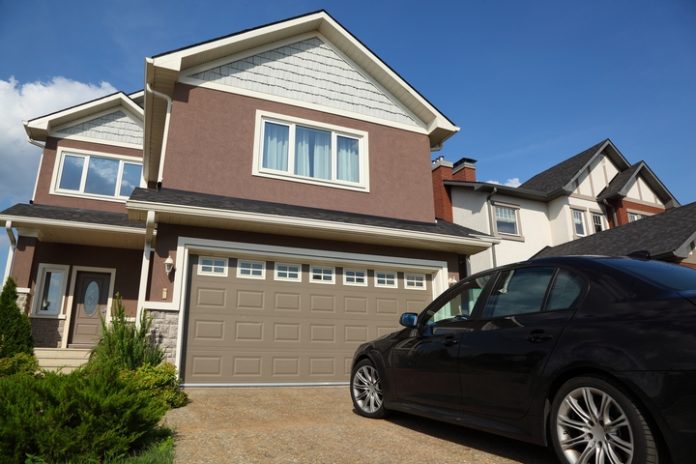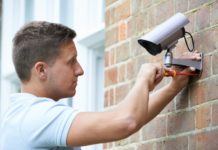It can be easy to forget how important home security is, but as anyone who has had to deal with a break-in or vandalism will tell you, it pays to be prepared.
Driveway alarms are becoming an increasingly common way that people protect what is theirs. Serving a straightforward purpose, a driveway alarm will audibly alert you when a person or vehicle has entered your property.
The alarm is able to perform this function thanks to two components, a sensor and a receiver. Due to the fact that the entire alarm system is dependent on these two parts, it is critical to pay attention to technical detail when deciding what kind of driveway alarm set is worth investing in.
1. How does the system work?
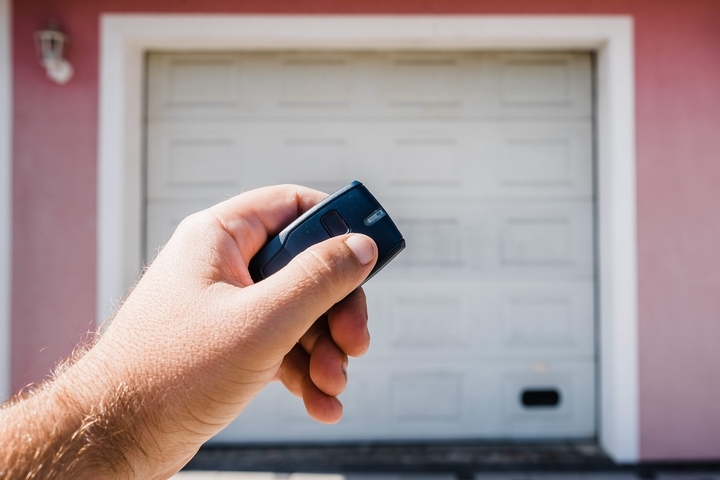
As mentioned above, most driveway alarms will consist of a two-part system. The receiver is the device you place inside your home and it often plugs into a standard wall outlet, and has a speaker that will play a large, often customizable noise to alert you of an intruder.
The sensor, on the other hand, can be thought of as the ‘eye,’ of the system and it is the component that will detect something or someone that enters its detection range and will then transit a signal to the receiver inside of your home.
2. What type of sensors are available?
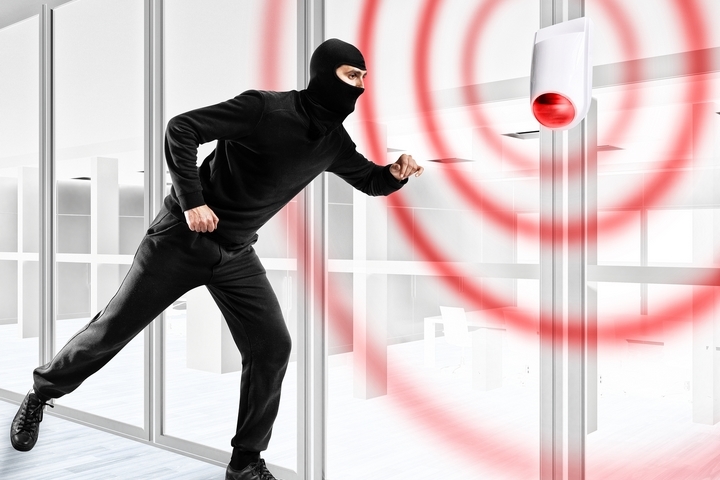
The sensor component of a driveway alarm can perform its function in a number of different ways. The most common type of sensor will detect motion before sounding its alarm. There are also infrared sensors that work by detecting heat within the monitored area.
Finally, there are sensors which are basically stationary metal detectors, which will be triggered if they detect a passing car. Some of the more sophisticated alarm systems available will actually be a combination of all multiple functions at once, with some even offering the possibility of an intercom system.
3. How do the components communicate?

First things first, understand that the range of a driveway alarm is essentially the distance that the sensor can be away from the receiver and still work. Generally, you will find this number included in the name of the product in question.
Keep in mind though, this number reflects the maximum range of the driveway alarm under perfect and uninterrupted conditions. However, due to the nature of any wireless product, any physical obstacle in the way of the sensor and receiver can modify that maximum transmission range.
4. How do I know how much my alarm range should be?
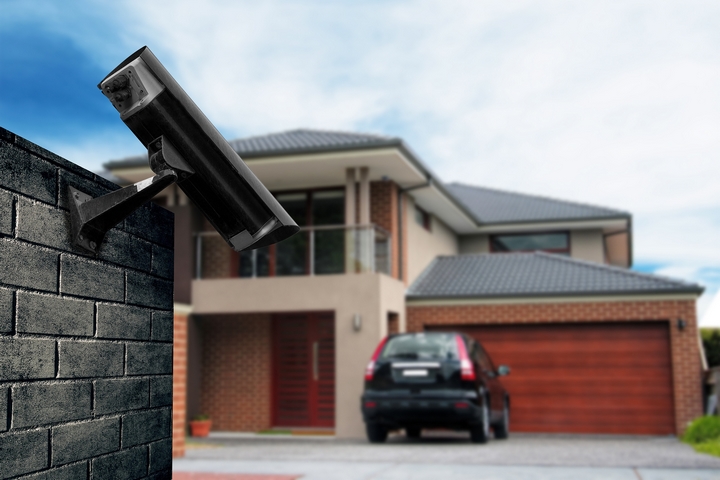
In order for your alarm to be effective, it needs to cover enough distance for the sensor and receiver to communicate without issue. When considering different driveway alarms, it is generally a good rule of thumb to estimate the maximum range that will separate your sensor and receiver and double it.
You may want to opt for an even larger range if you have a lot of physical barriers between the receiver and sensor. By giving yourself the comfort of added space, you ensure that your wireless product will always have enough transmission power to send a signal to your home reliably.
5. How much do driveway alarms cost?

As with most electronic gadgets, driveway alarms can get pretty expensive if you start throwing in all the extra features and options. But in general, you should be able to get a good wireless alert system from a trusted manufacturer for a few hundred dollars.
You can probably get a knock-off system for even cheaper, but you’ll likely be opting for a decrease in quality and less warranty protection. Do your homework and find a midrange driveway alarm that suits your needs and budget.

